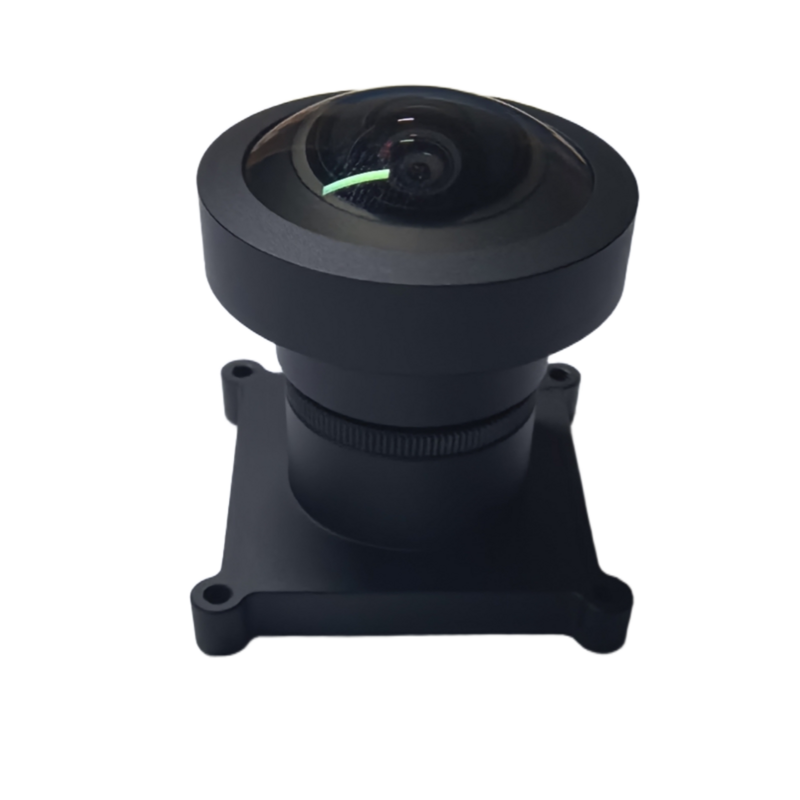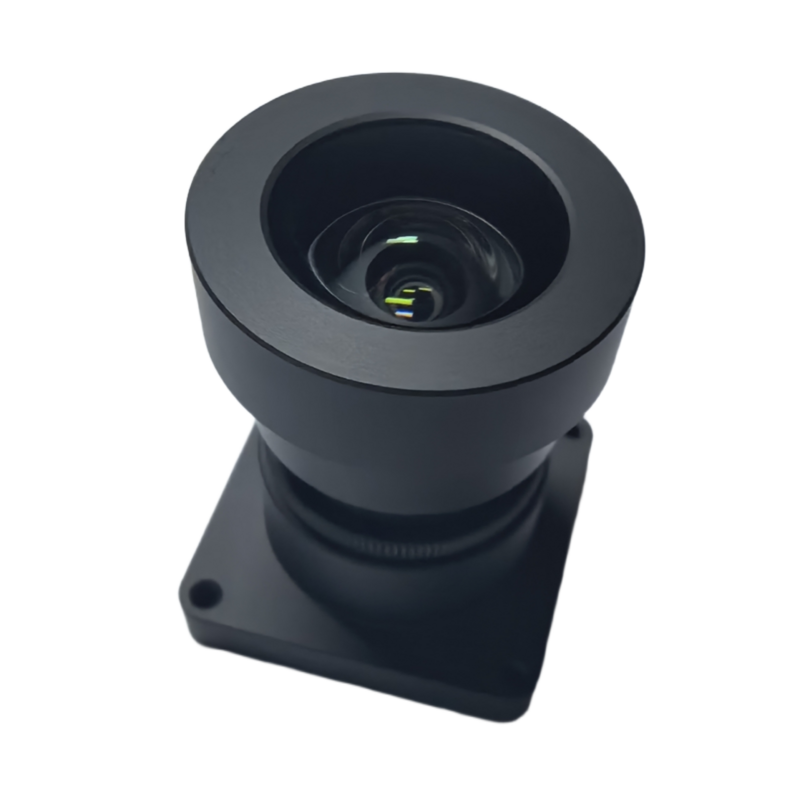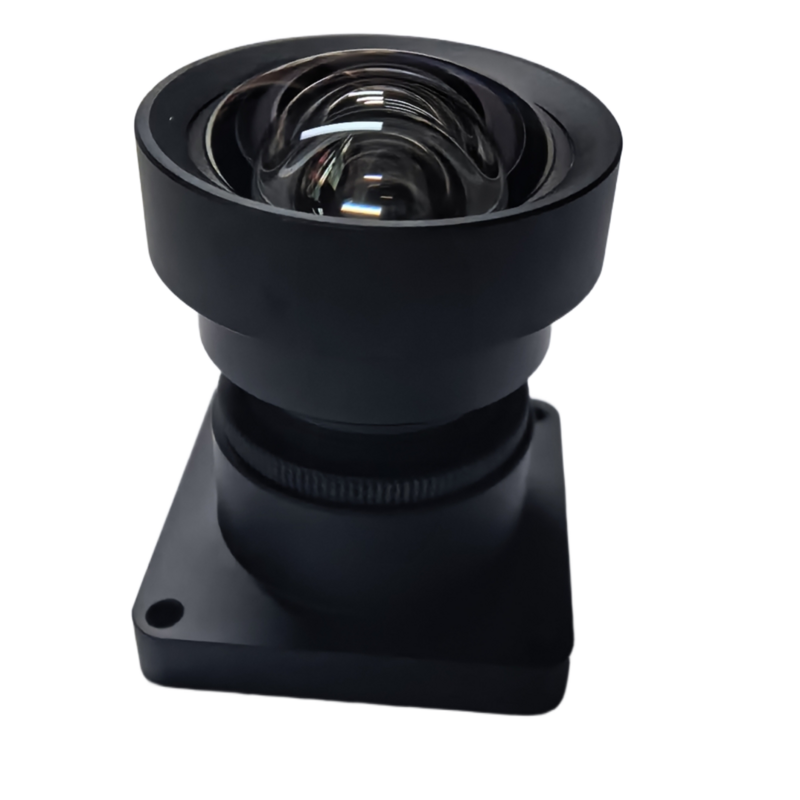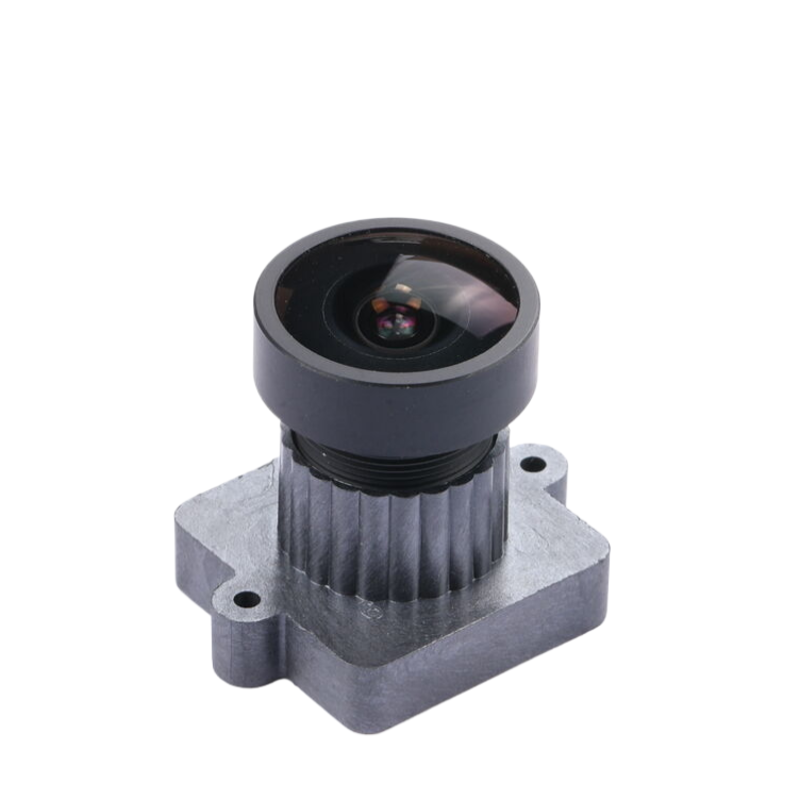Company News
Essential Guidelines for Cleaning and Maintenance
Medical lenses play a critical role in the healthcare industry, aiding professionals in accurate diagnosis, treatment, and visual enhancement. To ensure optimal performance and prolonged lifespan, it is crucial to adopt effective cleaning and maintenance practices. This article presents comprehensive guidelines for the care and management of medical lenses, covering everything from cleaning techniques to proper storage.
1. Cleaning Techniques
Proper cleaning is essential to maintain the clarity and accuracy of medical lenses. Follow these steps for effective cleaning:
Step 1: Begin by washing your hands thoroughly with soap and water. This prevents the transfer of dirt, oils, and bacteria onto the lenses.
Step 2: Use a lens cleaning solution recommended by the lens manufacturer. Apply a few drops onto a clean, lint-free cloth or lens cleaning tissue.
Step 3: Gently wipe the lens surface in a circular motion, starting from the center and moving towards the edges. Avoid using excessive force, as this may damage the lens coating.
Step 4: If there are stubborn stains or deposits, dampen the cloth with the cleaning solution and gently rub the affected area. Never use abrasive materials or harsh chemicals.
Step 5: Rinse the lens with distilled water or sterile saline solution to remove any remaining cleaning solution.
Step 6: Dry the lens with a clean, lint-free cloth or allow it to air-dry. Avoid using tissues or towels that may leave lint or fibers on the lens.
2. Maintenance Practices
Regular maintenance of medical lenses is crucial to ensure their longevity and performance. Consider the following practices:
Storage: Always store lenses in a clean, dry, and protective case when not in use. Ensure the case is free from dirt and debris to prevent contamination.
Avoid Moisture: Keep lenses away from excessive moisture or water exposure, as it can lead to damage or fungal growth. If lenses accidentally come into contact with water, ensure thorough drying before use.
Avoid Exposure to Heat and Sunlight: Store lenses in a cool and dry place, away from direct sunlight or heat sources. Prolonged exposure to heat can warp or damage the lens material.
Replace on Schedule: Follow the recommended lens replacement schedule provided by the manufacturer. Overwearing lenses can lead to discomfort, infections, or reduced visual acuity.
Regular Check-ups: Visit an eye care professional regularly to monitor the condition of your lenses and overall eye health. Any signs of discomfort, irritation, or vision changes should be promptly addressed.
Conclusion
Cleaning and maintaining medical lenses is essential for ensuring accurate visual assessments and treatments. By following the guidelines outlined in this article, healthcare professionals can prolong the lifespan of their lenses and provide optimal care to their patients. Prioritizing lens cleaning and maintenance not only promotes better patient outcomes but also helps avoid potential complications associated with deteriorated lens quality.
 English
English  German
German Japanese
Japanese Korean
Korean Vietnamese
Vietnamese French
French Spanish
Spanish भारत
भारत



